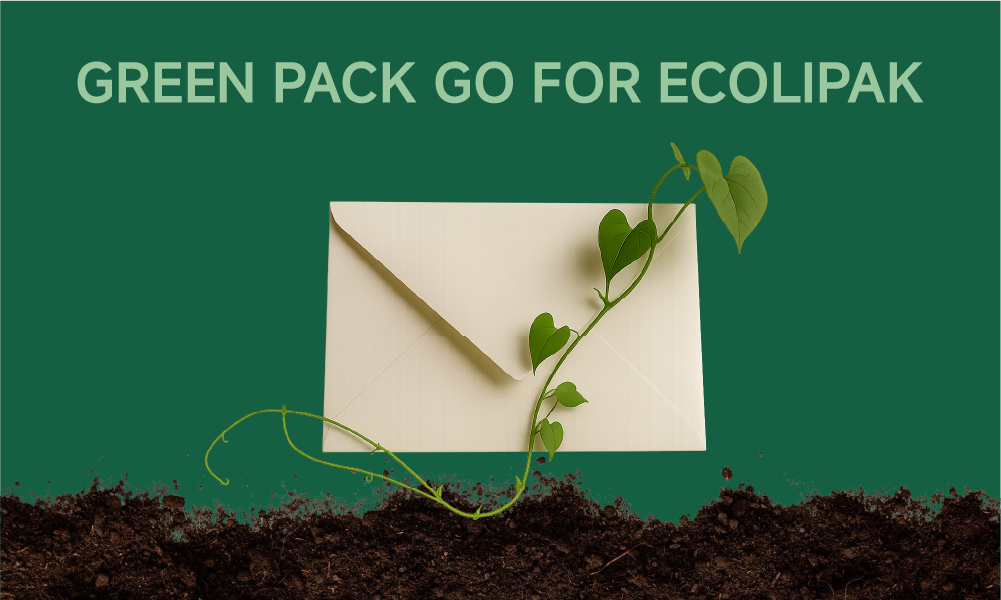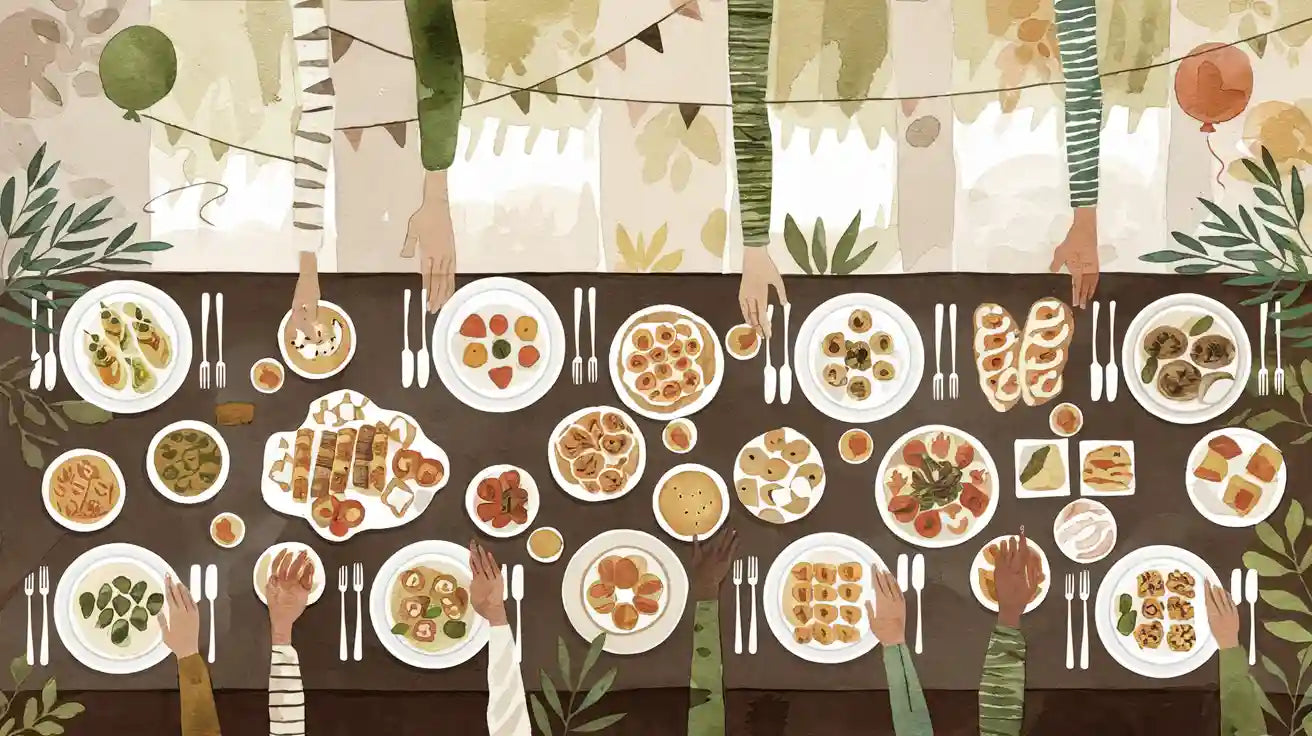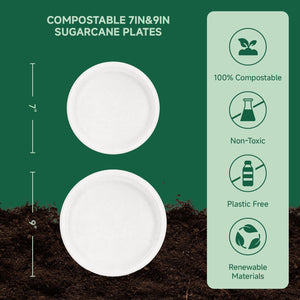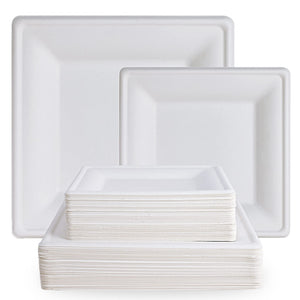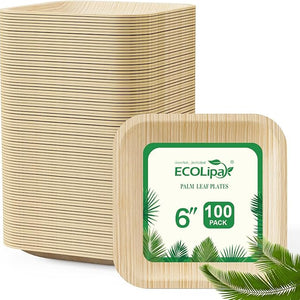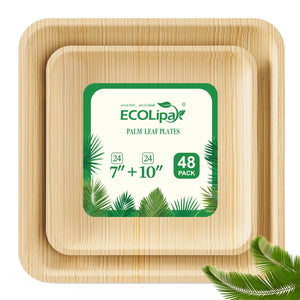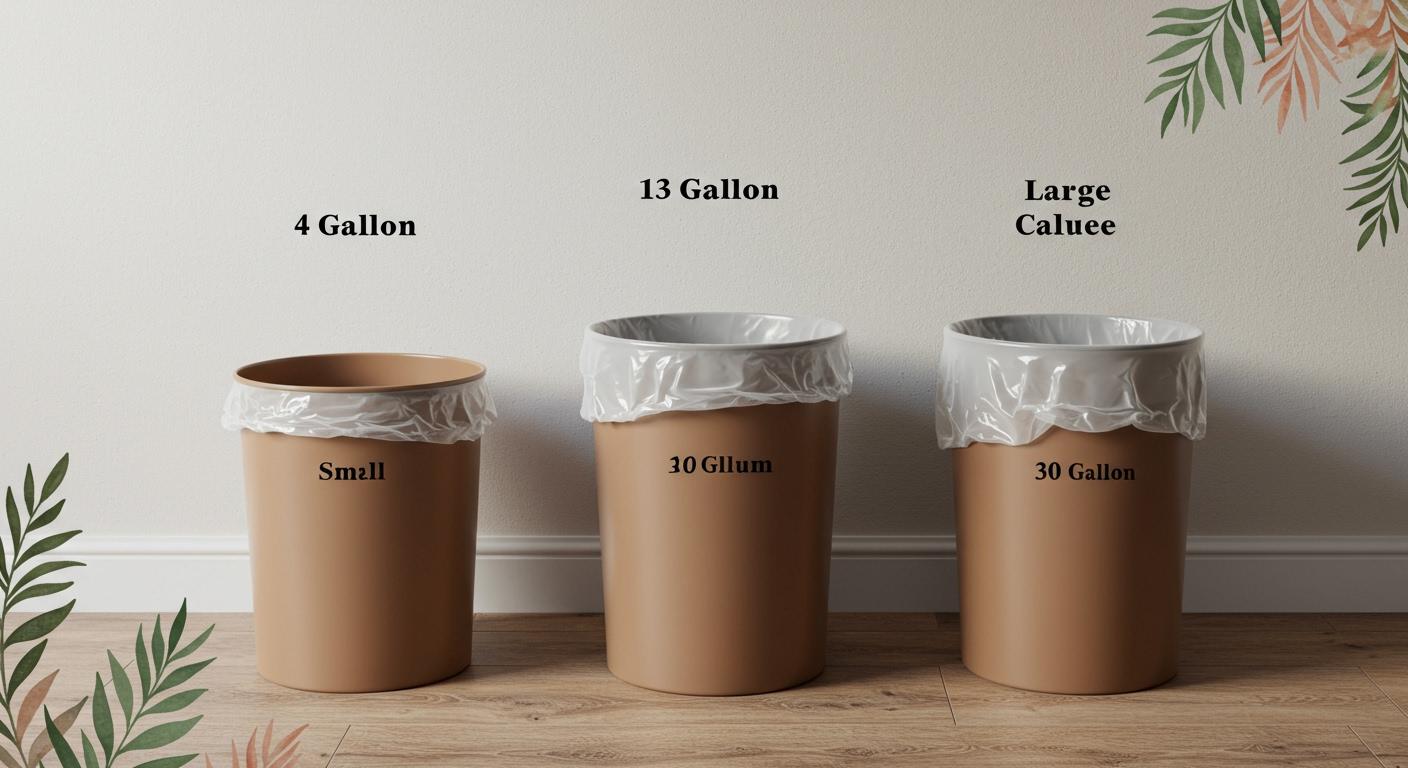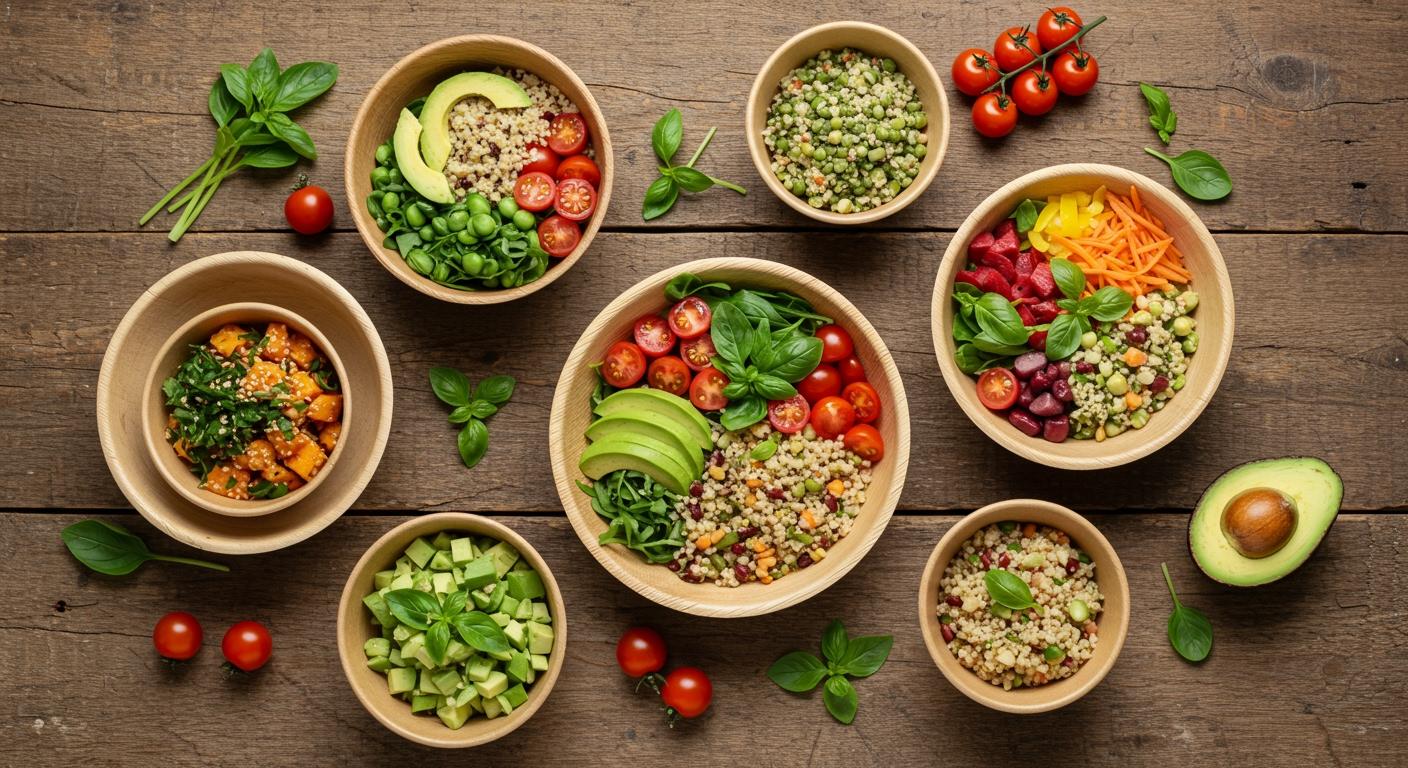You want to pick the right size party plates for your event. Use this quick table below to match your party type and food to the best plate size:
Plate Type |
Size (inches) |
Best For |
Party Type |
|---|---|---|---|
Dessert Plate |
6–7 |
Cake, snacks |
All parties |
Lunch Plate |
7–9 |
Sandwiches, pizza |
Casual events |
Dinner Plate |
10–12 |
Main dishes, BBQ |
Formal or big events |
Platter Plate |
10x12 (oval) |
Large servings, charcuterie |
BBQ, large parties |
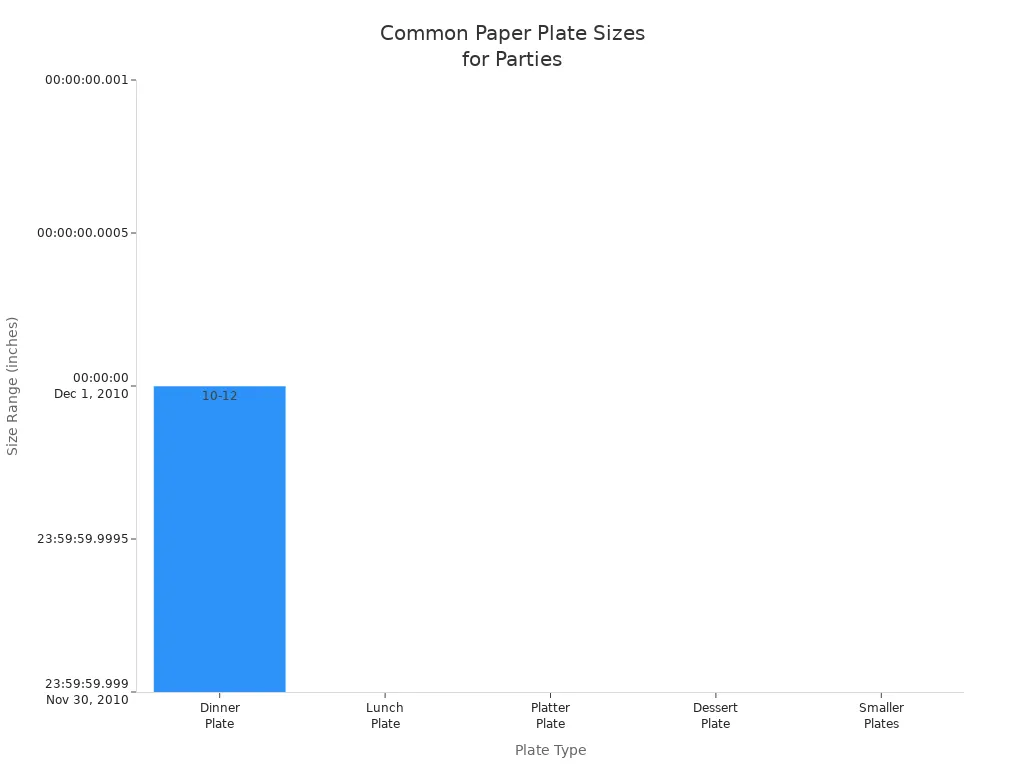
Choosing the right party plates helps you cut down on waste and keeps guests happy. For sustainable events, Ecolipak offers trusted eco-friendly options, even if you need 100 paper plates or more.
Key Takeaways
Match plate size to your event and food to reduce waste and keep guests happy.
Order enough plates—plan for extra to cover seconds, accidents, and last-minute guests.
Choose sturdy, eco-friendly plates like compostable palm leaf options for a cleaner, greener party.
Use smaller plates for snacks and kids’ parties, and larger plates for main dishes and formal events.
Buy plates in bulk to save money, reduce trips, and ensure you never run out during your event.
Plate Size Guide
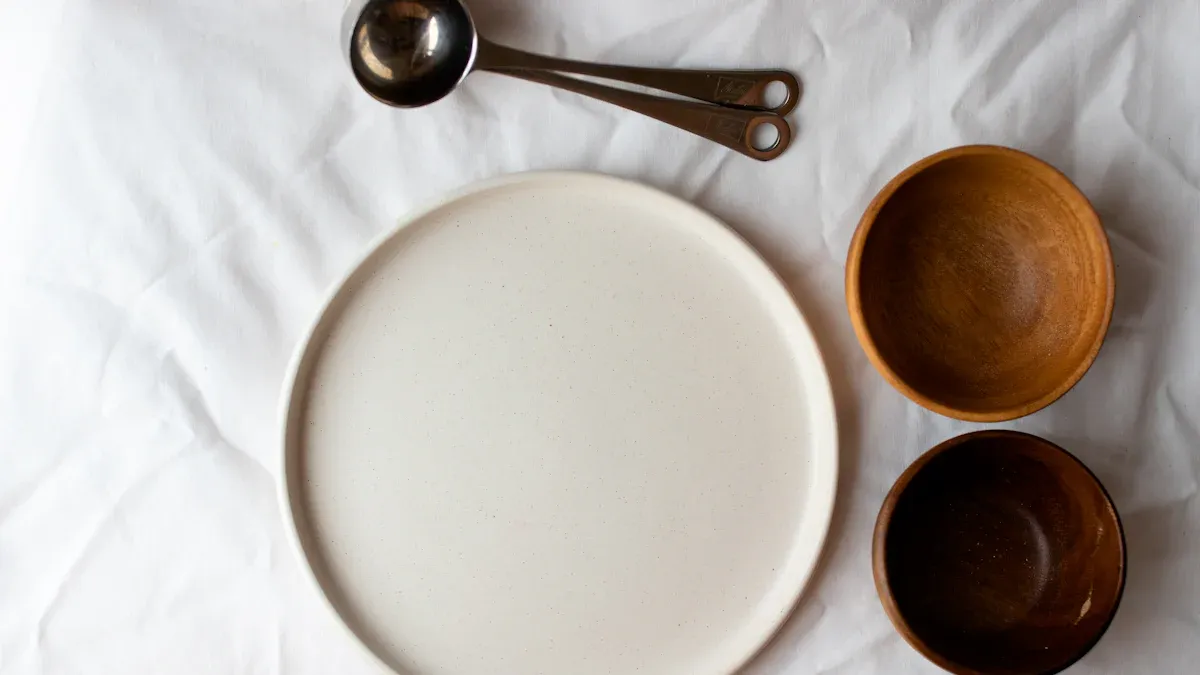
100 Paper Plates for Events
When you plan a party or gathering, you often need a large number of disposable plates. Choosing 100 paper plates is a smart move for most events. This number works well for birthday parties, family reunions, weddings, and even corporate gatherings. You avoid running out of plates, and you make sure every guest has a clean plate for each course.
You should always match the size of your disposable plates to the type of food you serve. For example, if you host a barbecue or a formal dinner, you need large plates, usually 10 inches or more. These plates hold main dishes, sides, and sauces without spilling. For casual events or kids’ parties, medium plates between 7 and 9 inches work best. They fit sandwiches, pizza, or snacks and help reduce food waste.
Tip: If you expect guests to go back for seconds, consider having extra disposable plates on hand. 100 paper plates may seem like a lot, but they go quickly at busy events.
When you choose disposable plates by size, you also help the environment. Using eco-friendly options like compostable palm leaf plates from Ecolipak means you protect the planet while keeping your event clean and easy to manage. These plates are sturdy, leak-proof, and safe for both hot and cold foods. You can compost them after use, which supports a healthy lifestyle and reduces landfill waste.
Standard Paper Plate Sizes
You find many standard paper plate sizes in stores. Each size fits a different need at your event. Here is a table to help you pick the right size for your disposable plates:
Plate Type |
Diameter (inches) |
Typical Use Case |
|---|---|---|
Snack Plates |
4-5 |
Appetizers, finger foods |
Dessert Plates |
6-7 |
Desserts, cakes, pastries |
Salad Plates |
7-8.5 |
Salads, light starters |
Party Plates |
7-9 |
General party use, snacks & meals |
Dinner Plates |
9-10 |
Main courses, larger meals |
You see that the 7 to 9-inch range is the most common for party plates. These medium sizes balance snack and meal portions. If you serve a full meal, large plates between 9 and 10 inches give your guests enough space for main dishes and sides. For desserts, a 7-inch plate is the goldilocks size—just right for cake, pie, or cookies.
Different events call for different plate sizes. At weddings or formal events, you want large, elegant disposable plates, usually 10.5 inches or more. These plates look sophisticated and hold full meals. For children’s birthday parties, smaller plates between 6 and 7 inches help control portions and reduce waste. Corporate events often use medium to large plates, between 9 and 10.5 inches, to balance style and practicality.
Event Type |
Recommended Plate Size(s) |
Reason/Notes |
|---|---|---|
Weddings/Formal |
10.5 inches or larger |
Larger, elegant plates for full meals and a sophisticated look. |
Birthdays (Children) |
6-7 inches |
Smaller plates for smaller portions and less waste. |
Corporate Gatherings |
9 to 10.5 inches |
Sleek, professional plates that are practical and formal. |
You should avoid some common mistakes when choosing disposable plates by size for your event:
Picking the wrong size for the meal. Using dinner plates for appetizers or dessert plates for main courses leads to waste or mess.
Not matching the plate size to the portion size. Large menus need large plates, while snacks or desserts need smaller ones.
Overlooking the strength of the plate. Some paper plates are flimsy and may not hold heavy or saucy foods.
Ignoring outdoor conditions. Lightweight plates can blow away in the wind.
Not considering the durability needed for your event. Heavy-duty disposable plates, like those made from palm leaf or sugarcane, work best for big meals or outdoor events.
When you choose the right size and material for your disposable plates, you make your event smoother and more enjoyable. You also show your commitment to health and environmental protection. Ecolipak’s compostable palm leaf plates come in both medium and large sizes, so you can find the perfect fit for any event. These plates offer a sustainable and stylish solution for every occasion.
How Many Plates Do You Need?
Calculating for Guest Count
You want to make sure every guest has enough plates at your event. The number of plates you need depends on the number of guests, the type of food, and how you serve it. Start by looking at your guest list. For a seated meal, count each person and add a few extra plates for safety. If you have 25 guests and plan to serve two courses, you should order about 60 disposable plates. This covers appetizers, desserts, and any extras.
For events where the number of attendees is uncertain, like open houses or casual gatherings, you should plan for more. Double or even 2.5 times the number of guests helps you avoid running out. Guests often take a new plate for each course or snack. It is better to have extra disposable plates than to run short.
Here are some quick tips to help you estimate the number of plates:
Always order more than the exact number of guests.
For multi-course meals, plan for at least three disposable plates per guest.
Add 10-15% more plates as a buffer for accidents or last-minute guests.
If you serve food in miniware or ramekins, you may need fewer dessert plates, but always keep some on hand.
Backup plates do not need to match your main set. Cheaper disposable plates work well as replacements.
You can use this table to help you estimate the number of plates for your event:
Event Type |
Plates Per Guest |
Example for 50 Guests |
Notes |
|---|---|---|---|
Seated Meal |
2-2.5 |
100-125 |
Covers main and dessert |
Buffet (multi-course) |
3-3.5 |
150-175 |
Includes appetizer, dinner, dessert, buffer |
Kids’ Party |
2 |
100 |
Smaller portions, but kids may take extras |
📝 Tip: Always round up your order. It is easier to store leftover disposable plates than to scramble for more during your event.
Buffets, Kids’ Parties, and More
Buffet-style events and kids’ parties often use more disposable plates than you expect. Guests may return for seconds or want a clean plate for each new dish. The type of food also matters. Greasy or saucy foods make plates messy, so guests will not reuse them. If you serve alcohol, people tend to eat more, which increases the number of plates needed.
The following table shows how different factors affect the number of disposable plates you should have:
Factor / Plate Type |
Explanation / Recommendation |
|---|---|
Type of Buffet and Menu |
Rich, saucy foods increase plate usage; guests rarely reuse plates. |
Beverage Options |
Alcohol boosts appetite and plate turnover, especially for desserts. |
Plate Material |
Disposable plates offer convenience and easy cleanup for any event. |
Plates Per Guest (General) |
Plan for about 3 disposable plates per guest at buffet-style events. |
Plates Per Guest (Multi-course) |
This can rise to 3.5 plates per guest for events with many courses. |
Buffer |
Always add 10-15% more plates for accidents, vendor meals, or last-minute guests. |
For a party with 50 guests, you might need:
50 to 75 appetizer plates
75 dinner plates
50 to 75 dessert plates
Total: 150 to 175 disposable plates, rounded up to 180 for a buffer
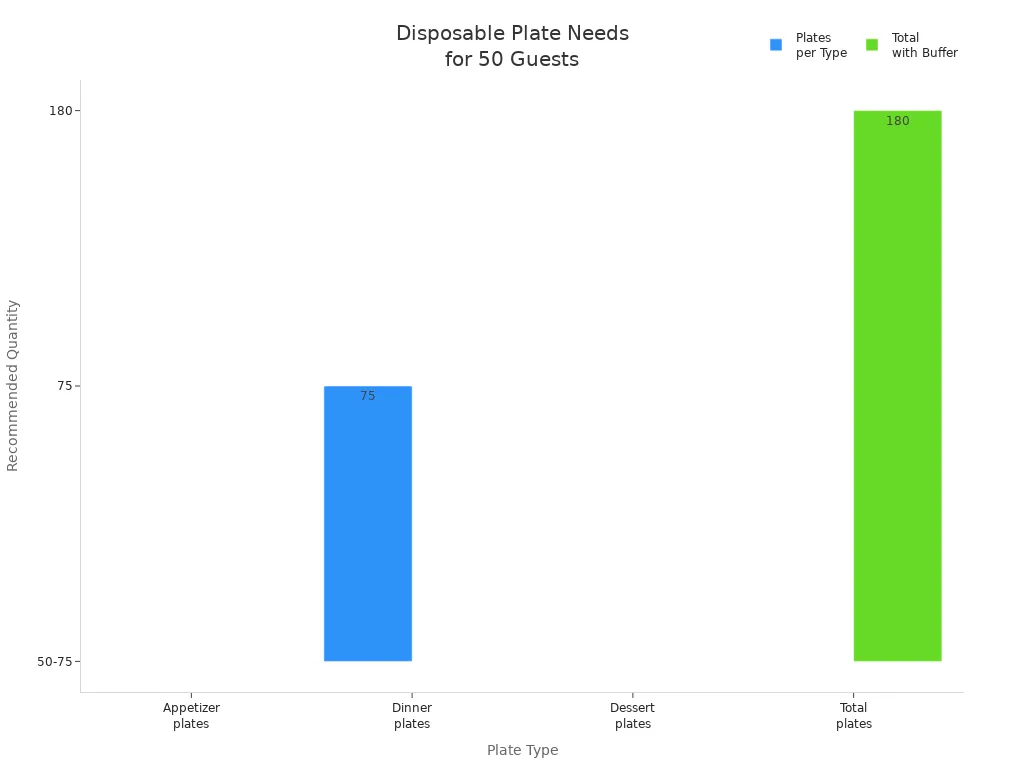
Kids’ parties can surprise you with how many plates you go through. Children often take a new plate for each snack or treat. For these events, plan for at least two disposable plates per child, and add extras for parents and helpers.
When you estimate the number of plates, always think about the flow of your event. If you offer a buffet, expect higher plate turnover. For formal dinners, guests may use fewer plates, but you still need a buffer. Using eco-friendly disposable plates, like those from Ecolipak, helps you keep your event clean and green. You protect the environment and make cleanup easy.
Remember, the right number of plates keeps your event running smoothly. You avoid stress and waste, and your guests stay happy. Choose sturdy, compostable disposable plates for a healthier, more sustainable celebration.
Matching Plate Size to Food and Event
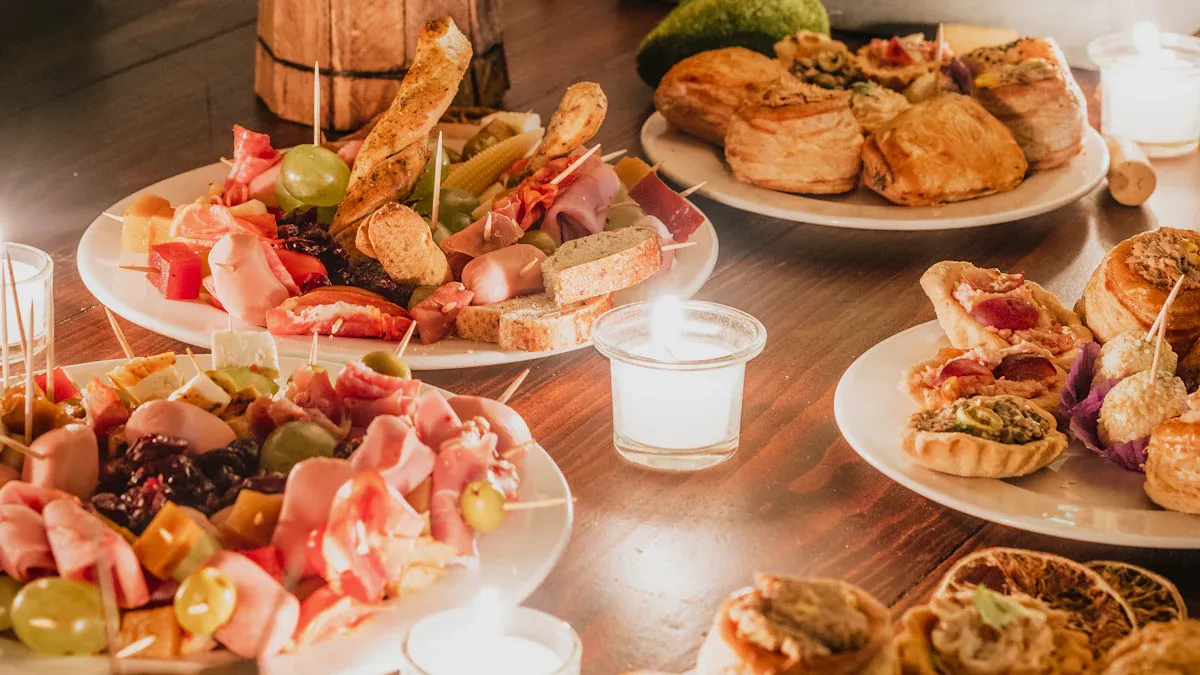
Main Dishes vs. Appetizers
You want your party plates to match the food you serve. The size of each plate affects how your guests enjoy their meal and helps you control portions. For appetizers, choose smaller plates between 5 and 9 inches. These work well for finger foods, salads, and light starters. Main dishes need larger plates, usually 10 to 12 inches. Large plates hold more food and keep sauces or sides from spilling.
Here is a table to help you pick the right size for each course at your event:
Plate Type |
Diameter (inches) |
Typical Use for Parties |
|---|---|---|
Tapas Plates |
5-7 |
Small appetizers or finger foods |
Bread and Butter |
5-7 |
Small appetizers like bread and butter |
Side Plates |
6-7 |
Small dishes or appetizers |
Appetizer Plates |
6-8 |
Starters or small portions |
Salad Plates |
7-9 |
Salads or larger appetizers |
Luncheon Plates |
~9 |
Light meals or appetizers |
Dinner Plates |
10-12 |
Main dishes with multiple food items |
Charger Plates |
12-14 |
Decorative base, not for direct serving |
Platter Plates |
12-20 |
Large portions or shared main dishes |
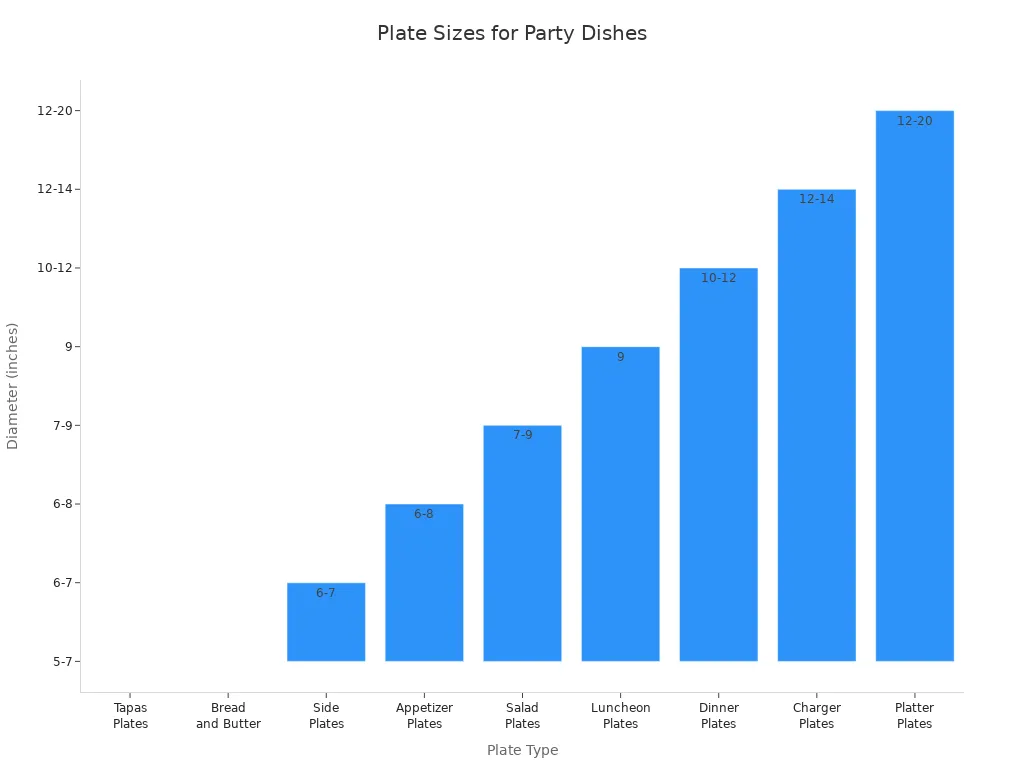
When you consider the occasion, you help guests enjoy every bite. Smaller plates encourage mindful eating and reduce food waste. Larger plates suit wedding receptions, festivals, and big family gatherings. You can use festival plates for shared dishes at a festival or wedding reception. Choosing the right size supports health and keeps your event organized.
- Plate size shapes food presentation and portion control.
Uniform sizes make service faster and easier.
Smaller plates help guests eat less and waste less.
Large plates allow creative food arrangement for special occasions.
Formal vs. Casual Gatherings
You need different plate sizes for formal and casual events. Formal occasions, like a wedding or wedding reception, use many plate types. You see charger plates, buffet plates, and special plates for bread, appetizers, and desserts. These events focus on elegance and presentation. Casual gatherings, such as a festival or birthday party, use fewer plates. You often need only dinner plates and maybe salad plates.
Consider the occasion before you choose your plates. For a wedding, select large dinner plates and festival plates for shared dishes. For a casual event, pick versatile plates that work for snacks and meals. The table below shows how plate size changes with the occasion:
Plate Type |
Typical Size (inches) |
Usage in Formal Gatherings |
Usage in Casual Gatherings |
|---|---|---|---|
Charger Plate |
13 |
Decorative base plate used only in formal settings to add elegance; not for serving food |
Not used |
Buffet Plate |
10-14 |
Commonly used in formal buffet-style dining; can serve as a base for other plates |
Optional; less common, depends on serving style |
Dinner Plate |
~10 |
Main course plate, part of multiple-course formal meals |
Main plate used; versatile and common |
Luncheon Plate |
9 |
Used for smaller portions or lighter courses in formal meals |
Sometimes used for lighter meals or casual lunches |
Bread and Butter |
6-7 |
Used for bread or small appetizers in formal settings |
Rarely used or replaced by simpler plates |
Appetizer Plate |
5 |
For hors d’oeuvres or small bites in formal cocktail hours |
Less common; casual gatherings often skip multiple plate types |
Dessert Plate |
7 |
For serving desserts in formal meals |
May be used but often simplified or combined with other plates |
You create a comfortable atmosphere when you match plate size to the event. Formal occasions need more attention to detail. Casual parties focus on ease and fun. Eco-friendly choices, like compostable festival plates, support health and protect the environment at every occasion.
Disposable Plates for Every Occasion
Ecolipak Compostable Palm Leaf Plates
You want your party to feel special and responsible. Ecolipak’s Compostable 7.85in & 10in Square Palm Leaf Plates give you a sturdy and stylish choice for any event. These disposable plates come from naturally fallen palm leaves. The process uses no chemicals or additives. Each plate is unique, with natural patterns that add a touch of elegance to your table.
You can trust these disposable plates to hold up to hot, cold, or saucy foods. They are leak-proof and strong, so you do not have to worry about spills or messes. After your party, you can compost them. They break down quickly and return nutrients to the soil. This makes them a healthy choice for your family and the planet.
Many customers love Ecolipak’s disposable plates. They say the plates look beautiful and feel sturdy. People use them for weddings, birthdays, and backyard barbecues. Families and event planners appreciate that these disposable plates help protect the environment without giving up quality or style.
“I used Ecolipak disposable plates for my daughter’s birthday. They held up to pizza and cake, and I felt good knowing they would not end up in a landfill.” – Happy Customer
Eco-Friendly Disposable Paper Plates
You have many choices when it comes to disposable paper plates. Not all disposable plates are the same. Traditional disposable paper plates often use chemicals and plastic coatings. These coatings make them hard to compost and can harm the environment. When you choose eco-friendly disposable plates, you pick a better path.
Eco-friendly disposable plates, like those made from palm leaves or sugarcane bagasse, break down naturally. They do not leave harmful residues. The production of palm leaf plates uses less water and energy. No trees are cut down, and no chemicals are added. This means less pollution and a cleaner world for your family.
Here is a quick comparison:
Plate Type |
Compostable |
Chemicals Used |
Durability |
Environmental Impact |
|---|---|---|---|---|
Traditional Paper Plates |
Sometimes |
Yes |
Low |
High |
Coated Paper Plates |
No |
Yes |
Medium |
High |
Palm Leaf Plates |
Yes |
No |
High |
Low |
Bagasse Plates |
Yes |
No |
High |
Low |
You may pay a little more for eco-friendly disposable plates, but you gain peace of mind. You help reduce waste and support a healthier planet. When you use Ecolipak disposable tableware, you show your guests that you care about their health and the environment.
Tips for Choosing Disposable Paper Plates
Shape, Strength, and Storage
When choosing the right disposable plates for your party, you want to think about shape, strength, and storage. The shape of your disposable plates can affect how guests enjoy their food. Square plates work well for buffet-style events because they save space and hold more food in a compact way. Round plates feel comfortable to hold, which helps children and older guests. Both shapes stack neatly, making cleanup easier.
Strength matters for hygiene and convenience. Lightweight paper plates work for dry snacks, but heavy-duty disposable plates made from palm leaves or sugarcane handle hot, greasy, or saucy foods. You avoid leaks and messes by picking plates with thick, soak-proof material. Ecolipak offers both round and square compostable plates in different sizes, so you can match your event’s needs. Their plates use food-grade, BPA-free materials, which keeps your food safe and supports hygiene.
Storage also plays a big role in keeping your disposable plates ready for your event. Store bulk packs in their original packaging to protect hygiene. Keep them in a cool, dry place to prevent moisture damage. Avoid direct sunlight and heat, especially for compostable plates, to keep them strong. Use the oldest plates first to reduce waste.
📝 Tip: Always check the size and strength of your disposable plates before your event to make sure they fit your menu and keep hygiene standards high.
Buying in Bulk
Buying disposable plates in bulk is a cost-effective way to prepare for large parties. You save money because the price per plate drops with bigger packs. Bulk buying also means fewer trips to the store and less packaging waste, which helps the environment. When you buy in bulk, you always have enough disposable plates on hand, so you never run out during your event.
Ecolipak offers a variety of pack sizes and shapes, including 10-inch round plates and 7.85-inch square plates. This variety lets you choose the right size and shape for any event, from small family gatherings to big celebrations. Their compostable plates support hygiene and environmental protection, making them a smart choice for health-conscious families.
Choosing the right disposable plates in bulk helps you save money, reduce waste, and keep your event running smoothly. You protect both your guests’ hygiene and the planet.
Choosing the right plate size helps you create a better party experience. When you match plate size, color, and shape to your food and event, you help guests enjoy their meals and reduce waste. Eco-friendly disposable plates, like Ecolipak’s, support your health and protect the planet. These plates use renewable materials and break down naturally, making cleanup easy and sustainable. You can use the quick guide and tips to plan confidently. Share this guide with friends or explore Ecolipak’s full range for your next celebration.
FAQ
What size plate should you choose for a kid’s party?
You should pick plates between 6 and 7 inches. These plates fit small portions and snacks. Kids find them easy to hold. Smaller plates help reduce food waste and support healthy eating habits.
Are Ecolipak palm leaf plates safe for hot foods?
Yes, you can use Ecolipak palm leaf plates for hot foods. The plates stay sturdy and do not leak. You protect your family’s health because they contain no chemicals or plastic coatings.
How do you store compostable plates before your event?
Store compostable plates in a cool, dry place. Keep them in their original packaging. This helps maintain strength and hygiene. Avoid sunlight and moisture to protect the plates’ quality.
Can you compost Ecolipak plates at home?
You can compost Ecolipak plates in your home compost bin. The plates break down naturally. You help the environment by reducing landfill waste and returning nutrients to the soil.
How many plates should you order for a buffet-style party?
Order about three plates per guest for a buffet. Guests often take new plates for each dish. Add extra plates for safety. Choosing compostable plates supports a cleaner, greener celebration.



